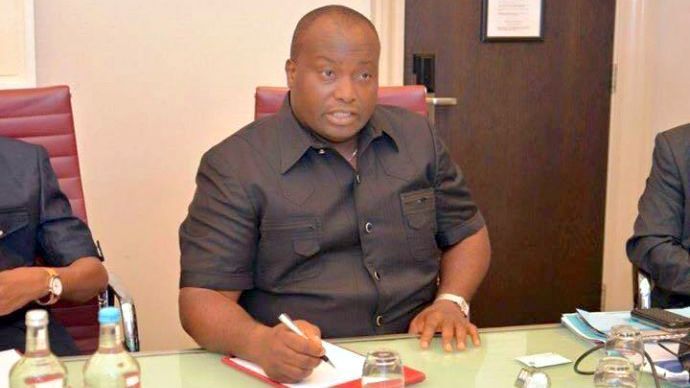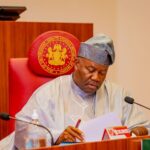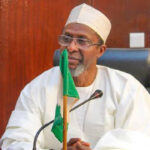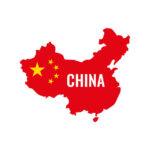The vice chairman of the Senate Committee on Petroleum (Upstream), Senator Ifeanyi Ubah has led Igbo leaders to Chinese Consul General over issues relating to visa issuance.
Ubah, who is also a member of Young Progressive Party (YPP), said he led the traders in furtherance of his call for an effective Chinese visa issuance policy.
The lawmaker said he was first received by the Chinese Ambassador to Nigeria, His Excellency, Dr. Zhou Pingjian at the Chinese Embassy in Abuja.
“The Chinese Ambassador and other top officials of the Chinese Embassy subsequently hosted me to a dinner session at his official residence where I reaffirmed my commitment to pursuing the agreements reached in our previous meeting.
“During the week, I also paid the Chinese Consul General in Lagos; Mr Chao Xiaoliang a courtesy visit with Igbo market leaders and other top ranking members of the Lagos-Igbo business community.
“After introducing the market leaders to the Consul General, I emphasized that the Igbo business community in Lagos comprises of enterprising people (over 1 million traders), particularly my constituents who are commercially-oriented and account for the highest patronage/distribution of Made in China goods in various segments of the Nigerian market, as well as huge potentials for economic development consisting of 100,000 prospective market investors.
“While discussing issues aimed at facilitating trade balance and deepening cooperation on issues of common interest, particularly on visa issuance, I stated that the recurrent visa refusal cases often poses as a stumbling block to genuine and reputable business men/women whose source of livelihood depend on their businesses ventures in China,” he said.
Ubah, who is the chairman of the Capital Oil, added that he reminded the Consul General that the robust economic progress of the two economies means great potential and more room for bilateral cooperation.
“We must therefore, treat each other with mutual respect so as to enhance solidarity and partnership while jointly pursuing inclusive development and practical cooperation,” he said.

 Join Daily Trust WhatsApp Community For Quick Access To News and Happenings Around You.
Join Daily Trust WhatsApp Community For Quick Access To News and Happenings Around You.


